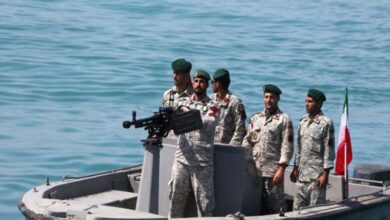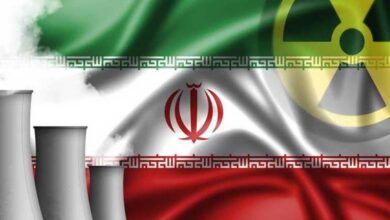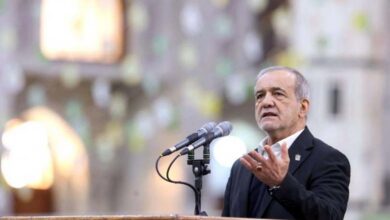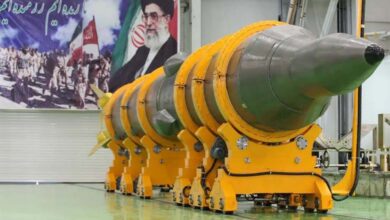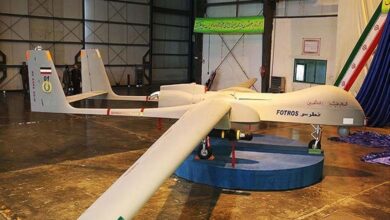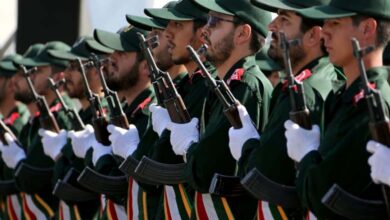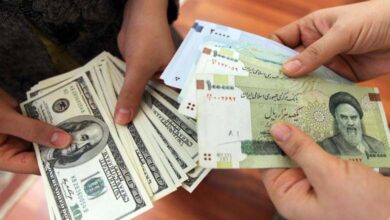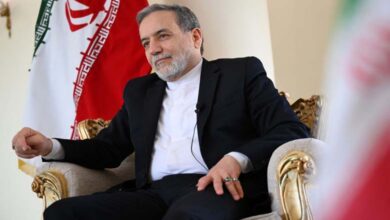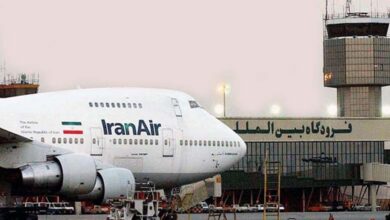A long Iranian path… Can Tehran succeed in gaining the trust of Arabs and changing its behavior in the region?
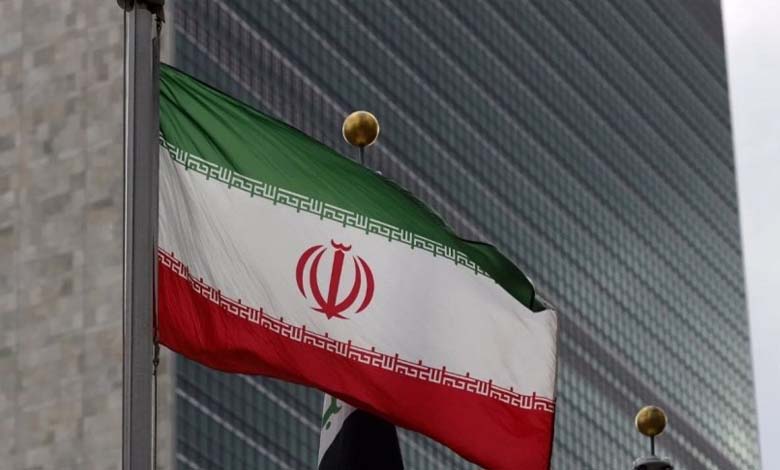
Saudi Arabia’s foreign minister paid a high-level visit to Tehran over the weekend, receiving coverage and praise for improved relations between Iran and Saudi Arabia, two longtime rivals.
“Mutual respect and non-interference in the internal affairs of the two countries and adherence to the UN Charter will be at the heart of bilateral relations from now on,” Prince Faisal bin Farhan Al Saud, Saudi Arabia’s top diplomat, said in a press statement, praising the restoration of diplomatic relations, saying it would improve security in the region.
Moments that are different
According to CNBC, the meeting was the result of Iran and Saudi Arabia agreeing to resume diplomatic relations and reopen embassies following Chinese-led negotiations in Beijing in March. The rapprochement was a watershed moment for diplomacy in the region.
It went on to say that many regional analysts say that hopes for immediate confidence and cohesion are likely to await, as the two regional powers continue to achieve wildly divergent geopolitical and religious goals, and this is not limited to Saudi Arabia but to all the Arab countries with which Iran wants to improve relations, foremost among them Egypt and the United Arab Emirates, where the Arab countries are waiting for a lot of Iran to do to achieve this reconciliation.
“The smallest example of disagreement, she said, was when the Saudi foreign minister refused to hold a joint press conference in front of a photograph of the late Iranian general Qassem Soleimani, who had for decades directed Iran’s proxy wars across the Middle East, and regional media reported that Iranian hosts had responded to the minister’s request to change the venue in order to avoid a diplomatic incident.”
De-escalation
“The meeting demonstrates to us that despite slight delays, both sides are prioritizing de-escalation as part of a new regional strategy to reduce the tactical threat,” said Sanam Wakil, Middle East and North Africa program director at Chatham House.
“Despite this progress, nothing has been resolved between the two capitals,” he continued, “what exists is a fragile agreement that can only be strengthened over time, consistency, and confidence-building, and Iran has much to do to gain the trust of the Arabs.”
Michael Stevens, associate fellow at the Royal United Services Institute in London, agrees: “I think the Arabs and Iran are serious, but I think this is a much longer process than some commentators give. Iran’s designs won’t change easily. There are still a lot of tensions that Iran is making in the region and the Arabs are waiting for it to stop.
Arabs have long accused Iran of destabilizing the region and view it as a serious security threat, often in sharp contrast to regional conflicts such as those in Yemen, Lebanon and Syria, where Riyadh and Washington accuse Tehran of being behind several attacks on Saudi ships, land and energy infrastructure in recent years.
Saudi Arabia severed diplomatic relations with Iran in 2016, after Iranian protesters stormed the Saudi embassy in Tehran.


